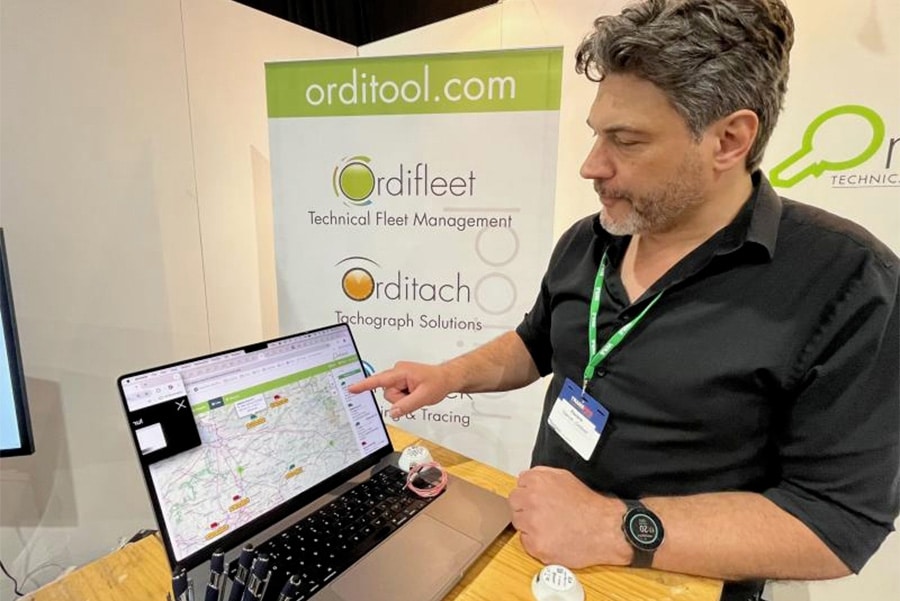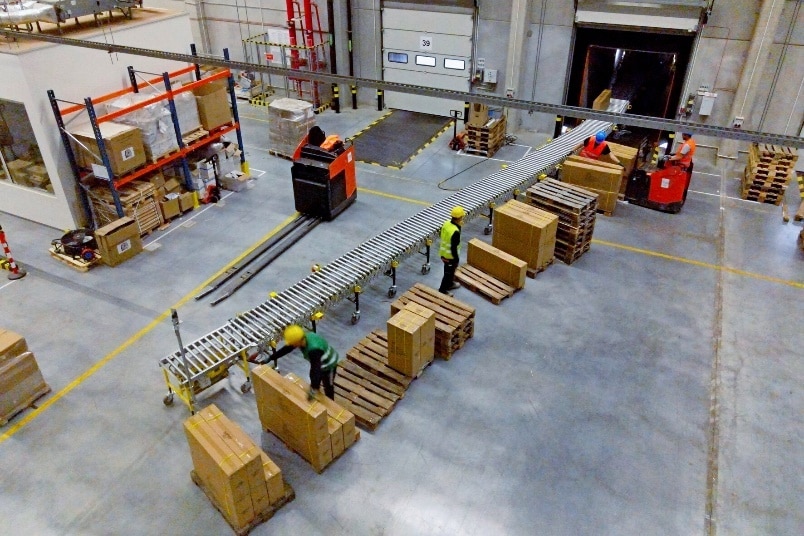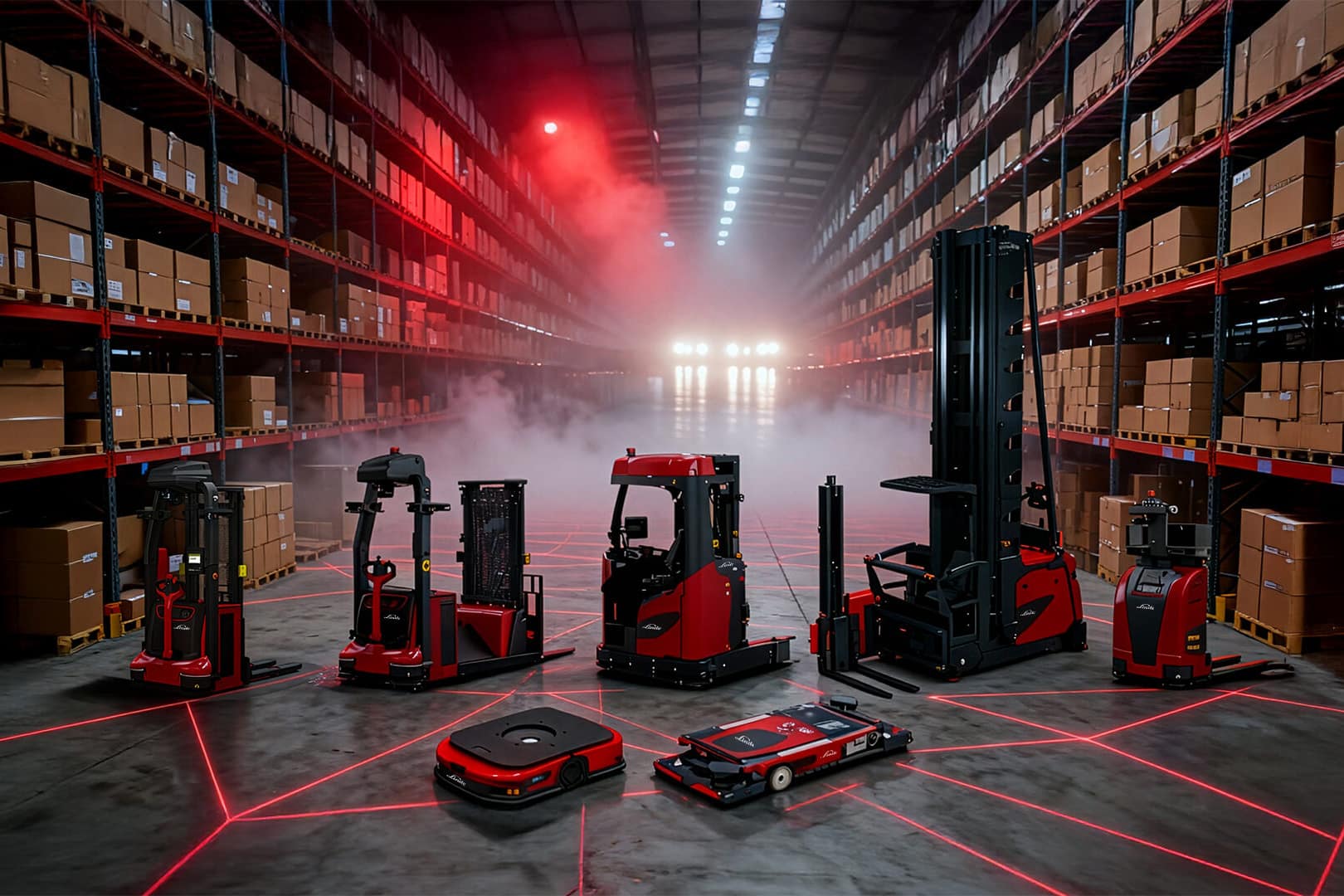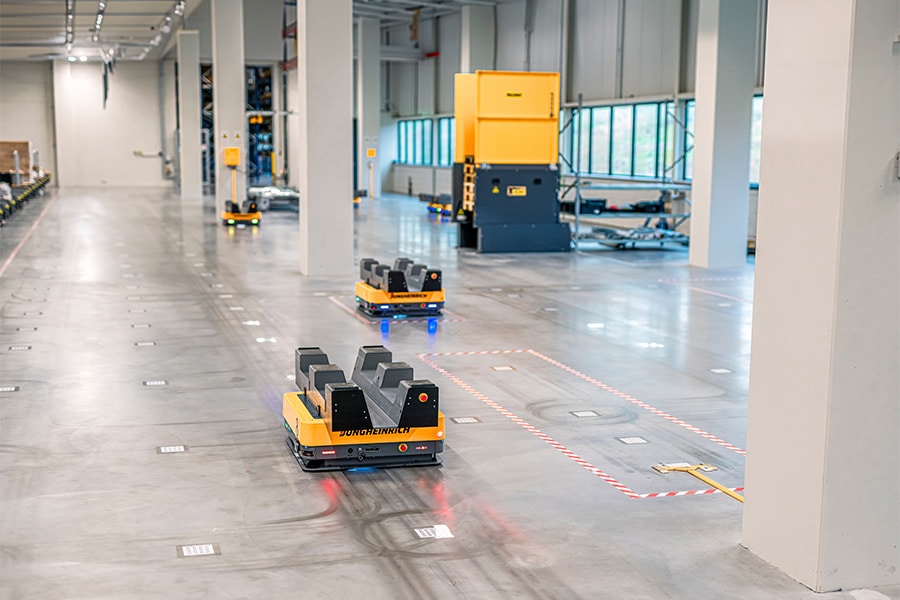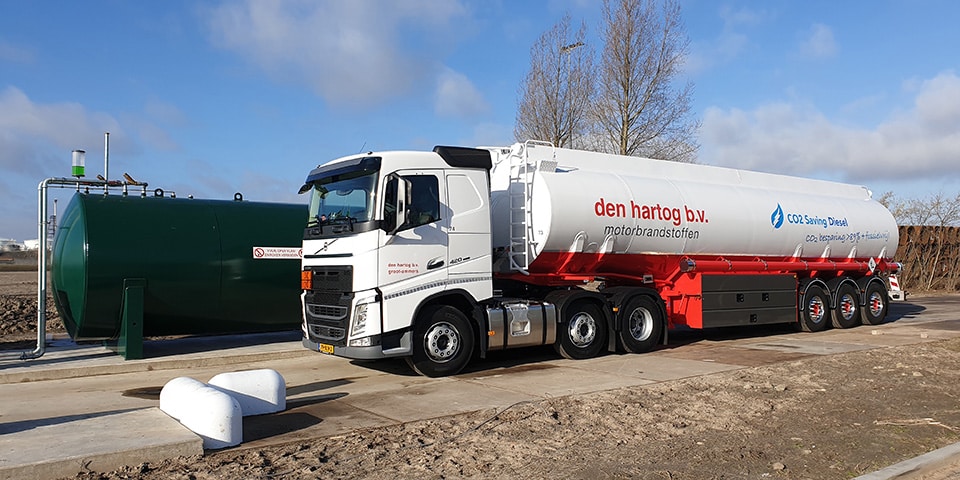
CO2-saving biofuel with low EQI value
The main sources of air pollution and CO2-emissions in the Netherlands are industry and road traffic, due to massive burning of fossil fuels. To do something about this, a climate agreement was reached in Paris in 2015, agreeing, among other things, to combat global warming, transition to non-fossil fuels and reduce CO2-emissions must be reduced. We are also seeing CO2- and MKI (environmental cost indicator) values are playing an increasing role. Companies are seeking solutions more often, such as using alternative fuels in the fleet and for machinery to reduce their environmental footprint.
One of the parties that is fully engaged in this is Den Hartog BV. The company supplies top-quality products, such as Mobil lubricants. It also supplies fuels. Den Hartog has a large stock of fuels in its own depot on the Lek River in Groot-Ammers, with a capacity of no less than 23 million liters. With also the transport and drivers under its own management, Den Hartog can guarantee a quick follow-up and thus a quick delivery of fuels and lubricants. Den Hartog is a member of the Sustainable Biofuels Platform, which aspires to a leading position for the Netherlands in decarbonizing fuels in various transport sectors.
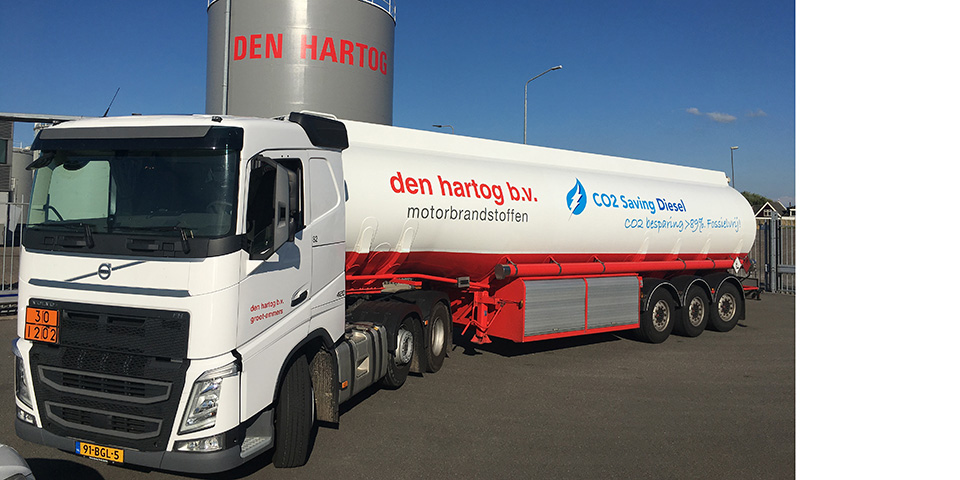
At the Den Hartog tank farm, 23 million liters can be stored. Of this, 4 million liters is CO2 Saving Diesel.
Minimizing environmental impact
"We are a large stocking party that provides guaranteed delivery and controlled quality. Quality is our top priority. The government is steering tremendously towards CO2-reduction. With our CO2 Saving Diesel we are responding to this." Niek Roessink, business development manager at Den Hartog, says, "Ordinary biodiesel has limitations in terms of blending percentage, in addition, this biodiesel is sometimes worse in quality than diesel. It has a reputation for blocking fuel filters and damaging fuel systems. Biomass to Liquid (BTL) biofuel does not have this disadvantage."
Over 89% CO2 reduction in CO2 Saving Diesel
CO2 Saving Diesel contains very little sulfur and aromatics. As a result, particulate matter and soot emissions are greatly reduced to 46% and sulfur emissions are reduced to practically zero. Nitrogen emissions are reduced by 14%. The pure variant saves more than 89% in CO2 emissions. The way this fuel is produced ensures better quality than "old-fashioned diesel." This pure variant fully complies with EN15940 standards.
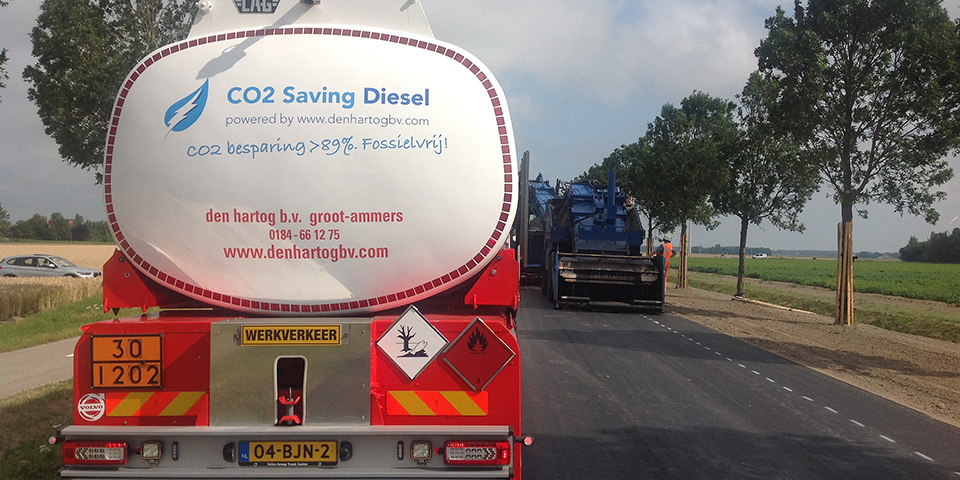
In ground, road and hydraulic engineering, contractors use CO2 Saving Diesel to win specifications.
Added value to many an entrepreneur by 74% MKI Saving
The major benefit of the CO2 Saving Diesel is that it is perfectly miscible with regular diesel. Den Hartog therefore offers different blends. The more added the more CO2 savings are made. Den Hartog's products can be used in the current generation of diesel engines without any modifications. "It pays for itself because the customer can generate more business through this," Niek explains. "Infrastructure-related companies are increasingly faced with MKI values within tenders. This is why we have turned our CO2 Saving Diesel had a Life Cycle Analysis made, with this the MKI value is also known. Compared to the MKI value of a normal fossil diesel, a saving of over 70% is possible. The LCA is made available to the National Environmental Database (NMD). This data enables our customers to prepare environmental statements for their products or services as well."
